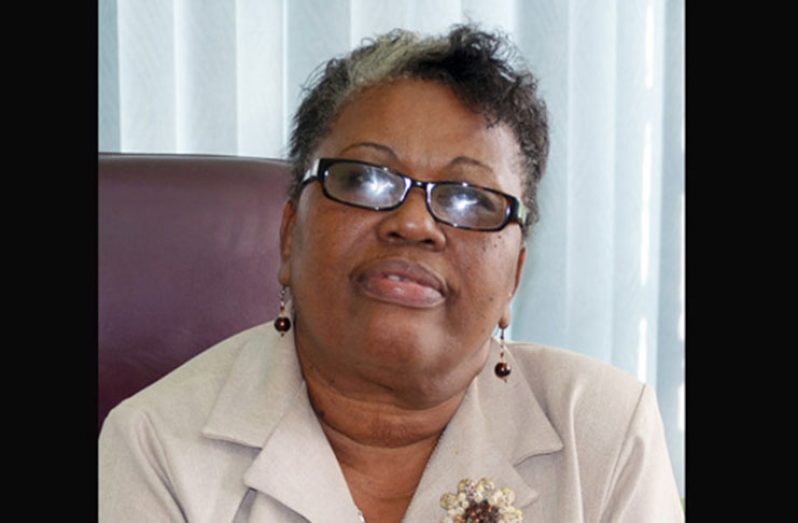– through strategic five-year implementation plan
OVER the next five years, Guyana will seek to phase out institutional alternative care for children, and ensure that all foster children have their own families. This is according to the Director of the Childcare and Protection Agency (CCPA), Ann Greene.
On Saturday evening, Greene said CCPA will soon launch its strategic five-year implementation plan for national alternative care for children as it continues to work with stakeholders to develop a comprehensive local child protection system.
“My vision is that at the end of five years, no child should be living in institutions… Children will not sleep in the institutions, children will sleep in their own beds with their own families, each night,” Greene said.
However, the existing institutions that provide foster care for children will not become defunct. In fact, she highlighted that they will still function as “safe places” where children could benefit from counselling services, skills training, and day and night care services for working parents. The Director also indicated that it is envisioned that children would be able to receive meals from these institutions.
“That is what I would really, really like to see by the time we finish with the five years implementation plan,” she said.
This plan, she related, was given much support from the European Union (EU), the United Nations Children’s Fund (UNICEF), and local Non-Governmental Organisations (NGOs).
At the time, Greene was delivering remarks during a reception held in her honour at the Official Residence of the Ambassador of the European Union (EU), Fernando Ponz Cantó. Here, she was given the EU Delegation’s Award for Human Rights, in recognition for her work in advancing child care in Guyana.
Greene said that she was “extremely honoured” to receive the award, opining that in her field of work, criticism is more widespread than recognition.
“Child protection in Guyana is still relatively new and evolving, and support from international organisations particularly from the EU and UNICEF have been tremendous in advancing the services offered to children and families,” she said, after receiving her award from the Ambassador.
She also detailed that there are a myriad of challenges faced daily in her sector of work, but these are only there to build resilience.
Ambassador Canto remarked that a country can be judged by the way it treats its children, not only because they are “powerless” and the “most vulnerable”, but also because they are the future of any nation.
According to him, the EU stands ready to support states and organisations in advancing human rights for children, and for all people, by extension.
Just last week, Guyana was recognised for leading the Americas in the protection of children. The country is the first State of the Americas to be a party to all HCCH Children’s Conventions.
Guyana has acceded to the Child Protection, Child Abduction, Intercountry Adoption Convention, and the Child Support Conventions. The Child Support Convention will come into force in March 2020.




.png)









